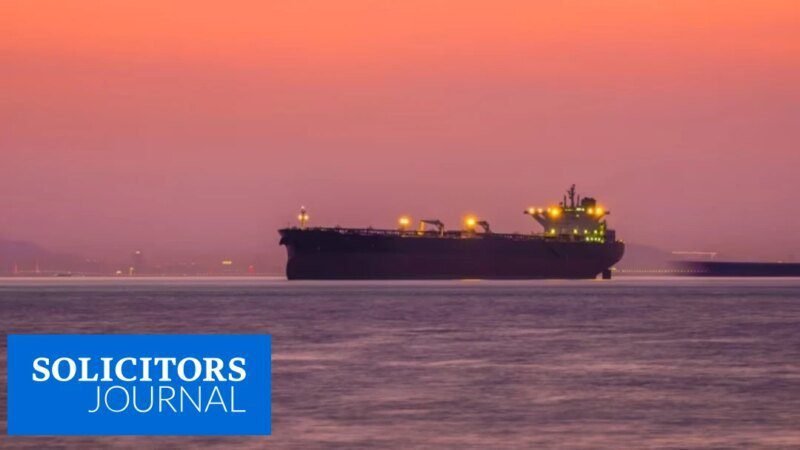The Red Sea, a crucial trade route for 10-15% of global trade, is facing increased instability due to attacks by the Houthi Movement. Major energy and freight companies like British Petroleum, CMA-CGM, Maersk, and OOCL are rerouting their vessels around the Cape of Good Hope instead of using the Red Sea and Suez Canal passage in response to the escalating threat.
Houthi rebels in Yemen have targeted oil tankers, container ships, and LNG vessels, disrupting global trade. In response, the United States and several allies have established an international taskforce for maritime security and are considering designating the Houthis as a Foreign Terrorist Organization.
These attacks raise complex legal issues for insurers, shipowners, and state actors. The international taskforce faces challenges related to the right of self-defense and self-help under public international law, as well as the powers to board, detain suspects, and seize vessels. Shipowners also face legal dilemmas regarding the use of force and weapons, as well as accountability for damages and harm caused during interventions or attacks.
Rerouting commercial ships results in delays, triggering contractual responsibilities and increased insurance costs. Shipowners need to carefully review contracts, particularly force majeure clauses, to assess if Houthi attacks fall within their scope. The instability in the Red Sea has unveiled a complex web of legal intricacies impacting global maritime trade.
Share it now







